Mobile Industry Live: October 2020
News in brief and insights from across the mobile industry

Got some industry news or signed a new partnership? Then we want to hear from you - get in touch!

Mobile Industry Awards 2020: All the winners
The Mobile Industry Award's first ever digital awards week has come to a close. You can find out all the winners at our dedicated hub.
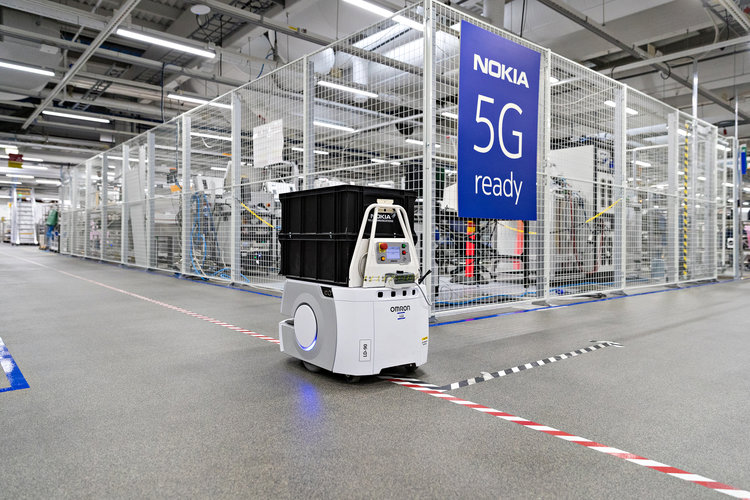
Nokia reaches a century of 5G deals
Nokia has announced it now has 100 commercial 5G deals and a total of 160 commercial engagements. Earlier this week it secured a major partnership with BT to become the largest single supplier of equipment for the EE 5G network.
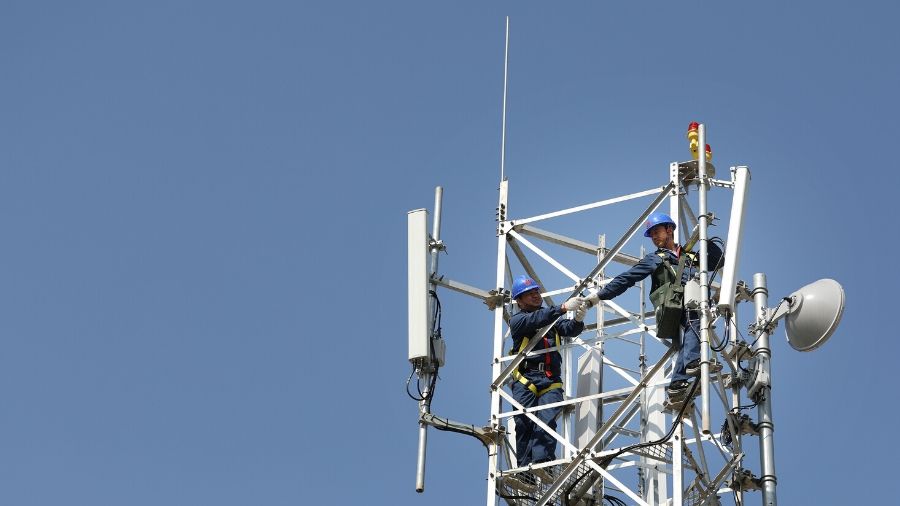
Three ponders multi-billion pound sale of masts
Three is considering selling some of its mast assets, hoping to capitalise on recent demand for telecoms infrastructure from private investors.
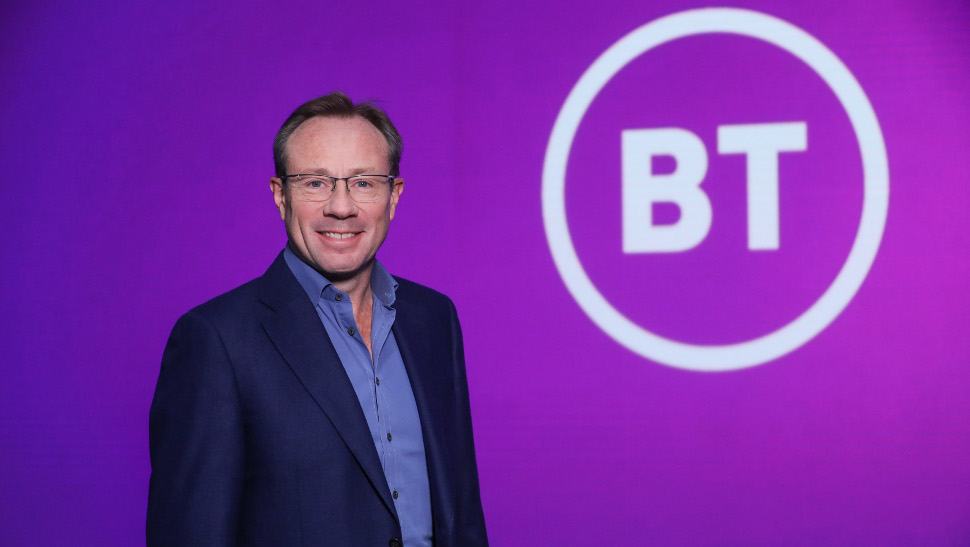
BT completes Latin American sale
The restructure of BT’s international business continues with the sale of its domestic operations and infrastructure in Latin America to CIH Telecommunications Americas. The new firm will operate as Sencinet and will work with BT as a partner going forward.
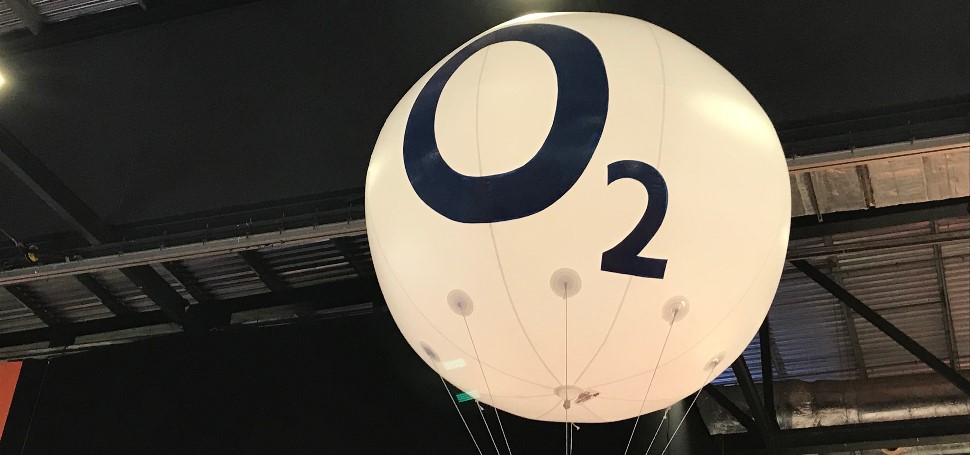
O2 and Virgin Media deal to create 4,000 jobs
The proposed £31 billion merger of O2 and Virgin Media would result in the creation of 4,000 jobs and 1,000 apprenticeships. The parent companies of both firms have provided more details about planned investments ahead of regulatory reviews of the deal.

Telia sells international carrier business
Telia has sold its international carrier operations to Swedish investment firm Polhelm Infra for SEK 9.45 billion (£820 million) subject to regulatory approval. Telia Carrier provides backbone services for customers in more than 120 countries, covering two thirds of the world’s Internet routes. Telia Company will become a long-term customer of Telia Carrier once the takeover is complete.
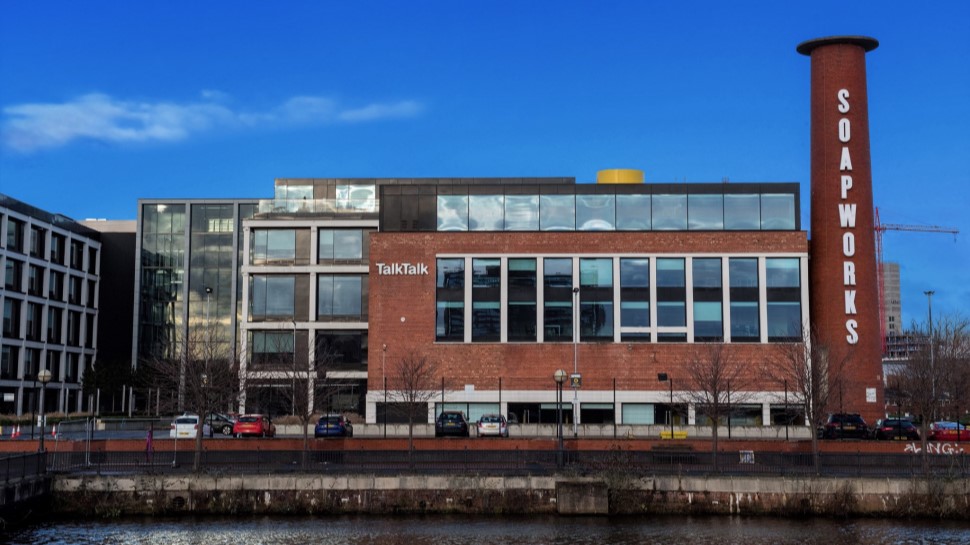
TalkTalk ponders £1.1 billion takeover bid
TalkTalk is considering a £1.1 billion takeover offer from investment firm Toscafund – a year after the telco rejected a larger bid of £1.5 billion from the same suitor. The previous bid valued TalkTalk at double its share price but the company’s board ruled that it did not provide sufficient value to shareholders and customers.

Huawei 5G ban could be brought forward, say MPs
MPs say the 2027 deadline for operators to remove Huawei 5G kit from their networks could be brought forward after a parliamentary inquiry found “clear evidence of collusion between Huawei and the Chinese state.” Huawei has denied the allegations and said the report lacks credibility, “as it is built on opinion rather than fact.”

Three reaches backhaul deal with Colt
Three has expanded its pool of backhaul suppliers through an agreement with Colt. The partnership is part of a £2 billion investment in Three’s 4G and 5G networks and will see 20 times greater capacity at sites covered by the deal. The operator has also entered into backhaul deals with SSE Enterprise Telecoms and CityFibre.
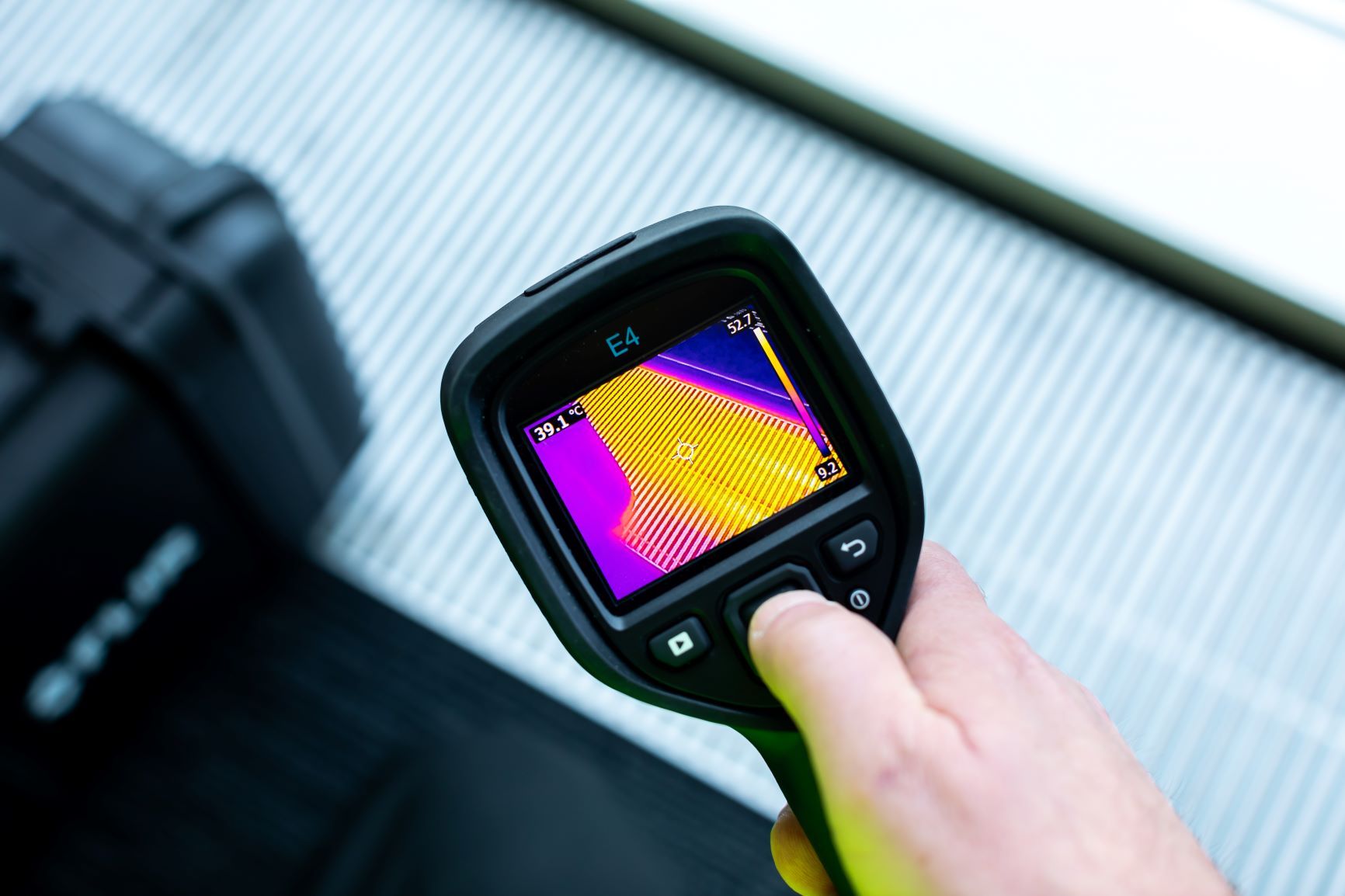
Vodafone reduces carbon footprint
Vodafone has been able to reduce its carbon footprint by more than 25,000 tonnes over the past years by improving the energy efficiency of its facilities in the UK. Overall, Vodafone says it has saved 100Gwh of energy – enough to power a town with 65,000 inhabitants – and saving the company £10 million.
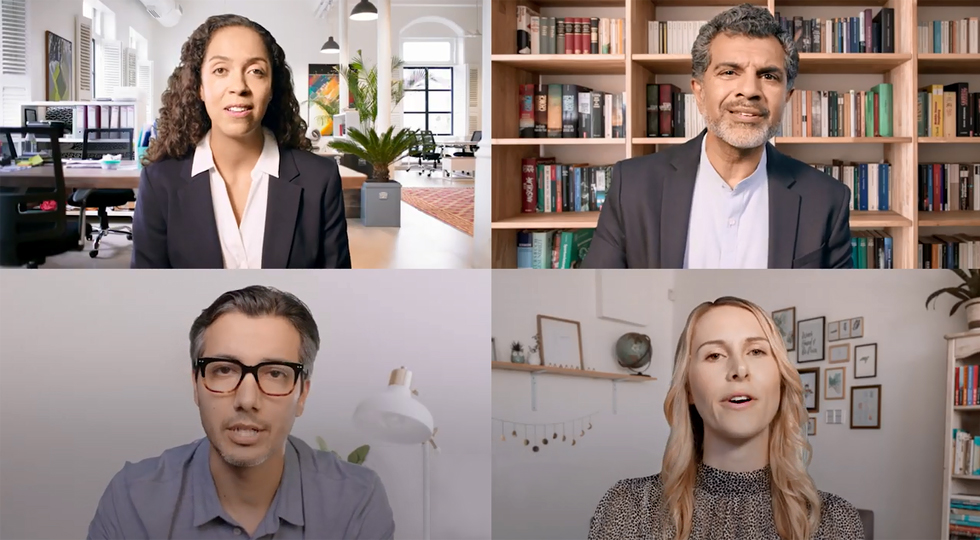
BT offers managed Zoom services
BT will offer a managed Zoom service to businesses after becoming the first global communications service provider to secure a carrier agreement. BT’s offering integrates Zoom into the wider voice network and includes monitoring tools and security features such as encryption and ID protection.
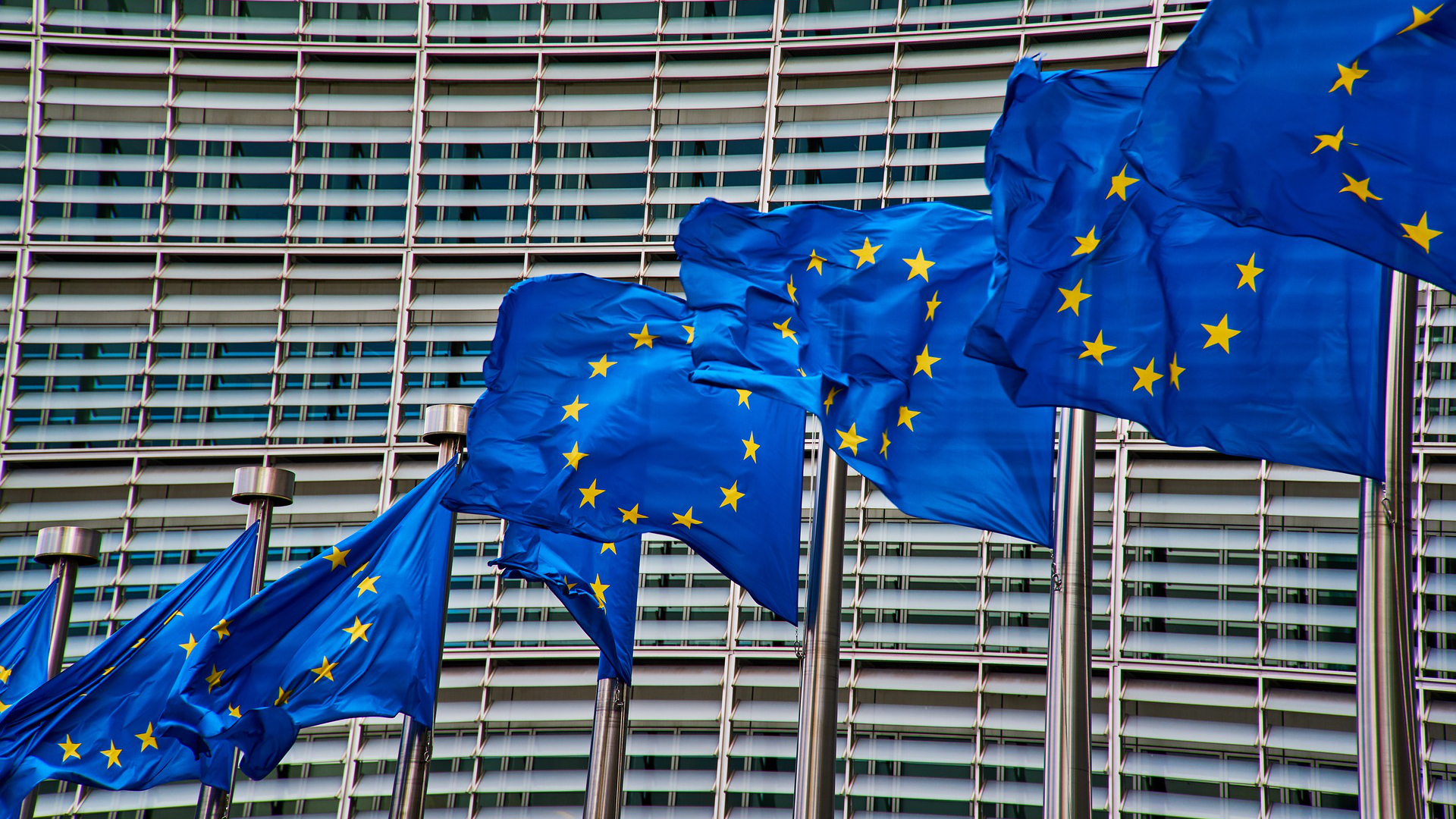
UK 'should include' free roaming in EU trade deal
Consumer watchdog Which? has urged the government to negotiate provisions for inclusive roaming in any future relationship with the EU and in any other trade agreements it strikes post-Brexit. All four major operators have promised not to charge any additional fees regardless of what happens, but they would be under no obligation to do so.

Belgian operators remove Huawei radio gear
Belgium’s two biggest operators are replacing Huawei gear in the radio layer of their networks with kit from Nokia. The two companies have a network sharing arrangement and say the changes were made on technological and financial criteria rather than on national security grounds.
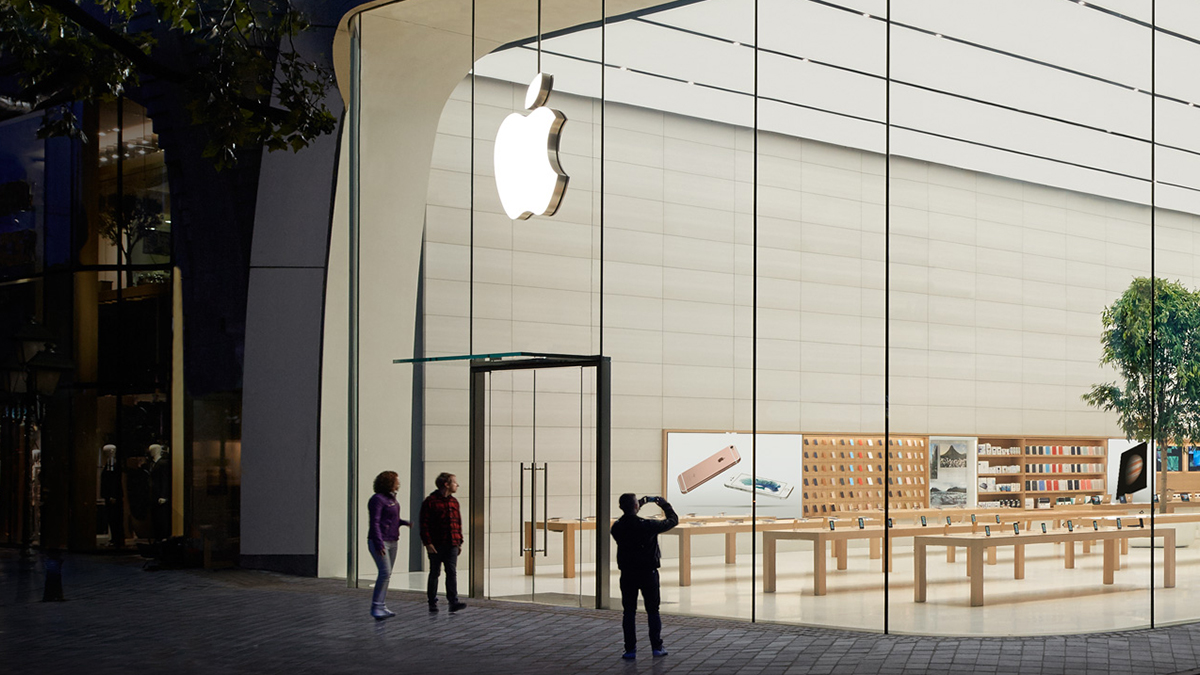
Apple uses stores to ship new iPhones
Apple is to fulfil some online orders from its retail outlets in the US and Canada if the item is in stock and the store is closer to the customer than one of its distribution centres. The move could speed up delivery times and ensure that its network of near 300 stores in North America can continue to play a role in selling the new iPhone 12 even if they are closed due to lockdown restrictions.

Three CEO urges open mind on consolidation
Robert Finnegan says UK government and regulators should adopt an open mind when it comes to market consolidation, arguing that it could improve the country’s communications networks. He said the mantra that there must be four major players in the mobile market was being disproved by developments in territories where consolidation was having a positive impact.
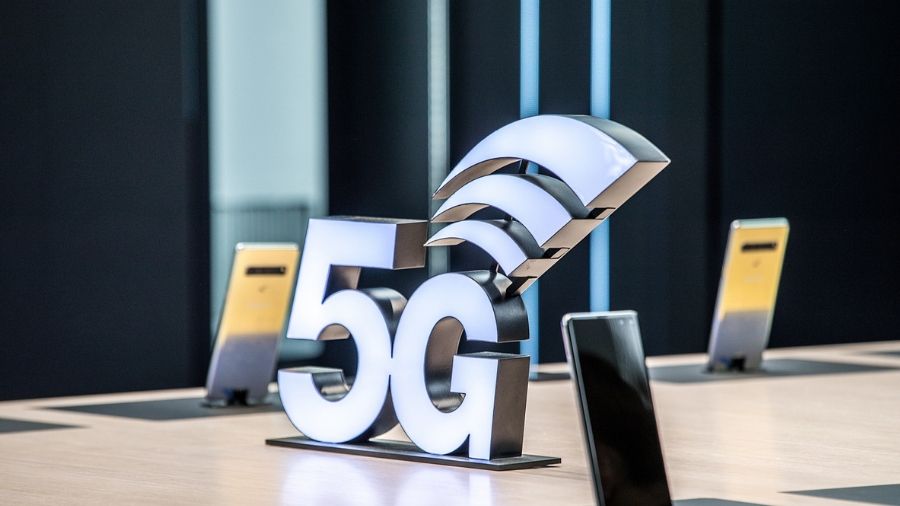
Strong momentum in the 5G market, coupled with the imminent arrival of the first compatible iPhone, is making analysts more optimistic about the pace of adoption.
There had been fears that Coronavirus would slowdown network builds and cause demand for new handsets to plummet. However, although there have been some short-term impacts, operators have pressed ahead with rollouts and 100 commercial 5G services are now live around the world.
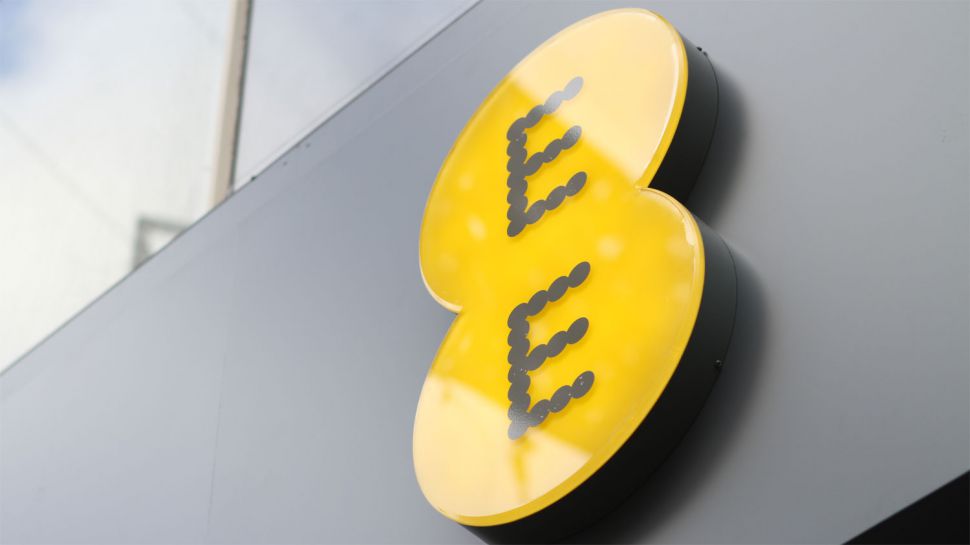
EE has expanded its 5G network to 12 more towns and cities across the UK. This latest tranche of upgrades has seen sites in Aberdeen, Blackpool, and Oxford switched on and brings the total number of locations added to the EE 5G network since May reach 32.
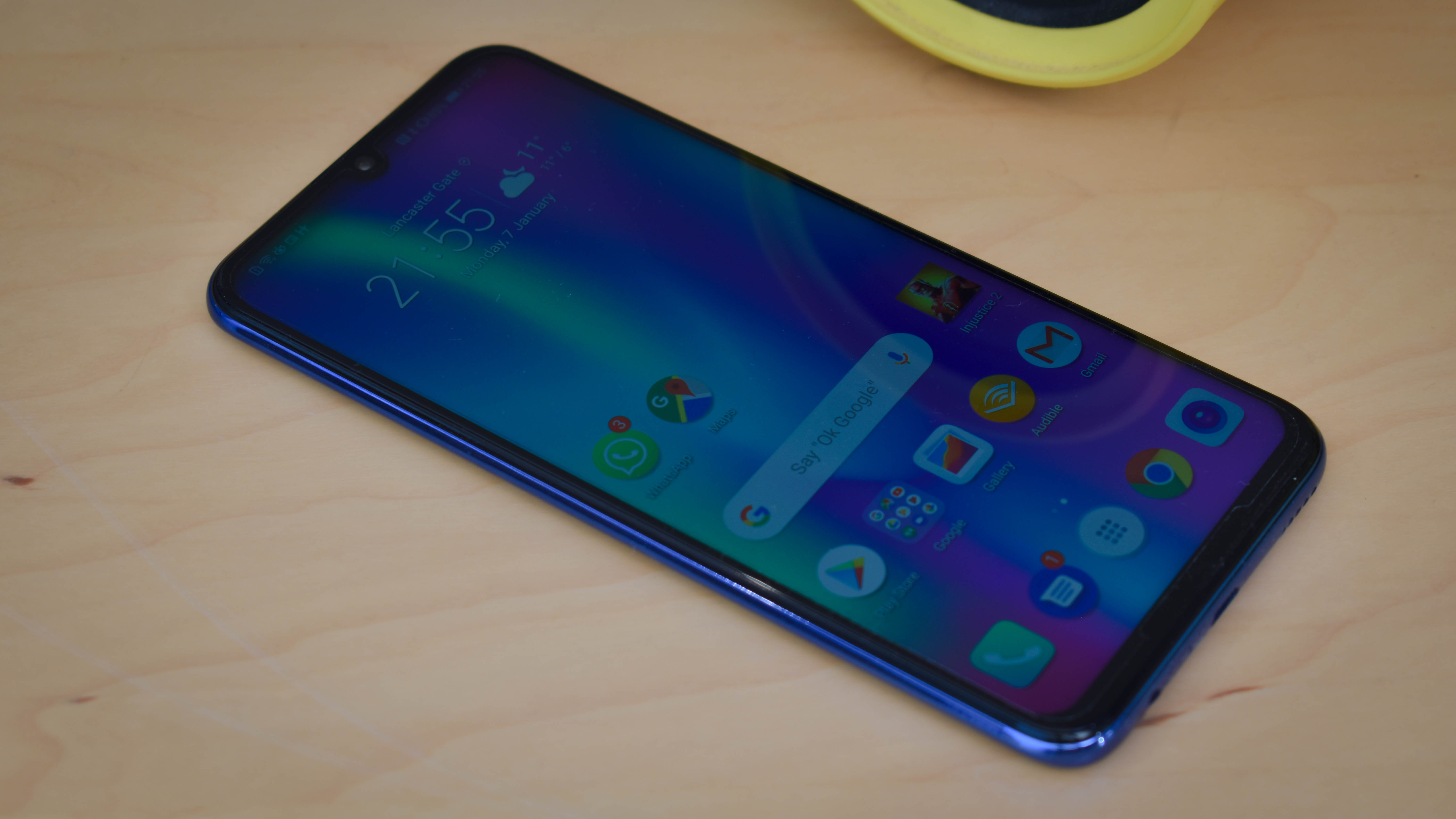
Huawei ponders potential Honor sale
Huawei is reportedly in talks to sell at least part of its Honor smartphone subsidiary in a deal that could be worth up to £2.9 billion. It is said that Huawei would rather pursue the high-end market rather than the thin margins that Honor chases in the budget space following the imposition of US sanctions.
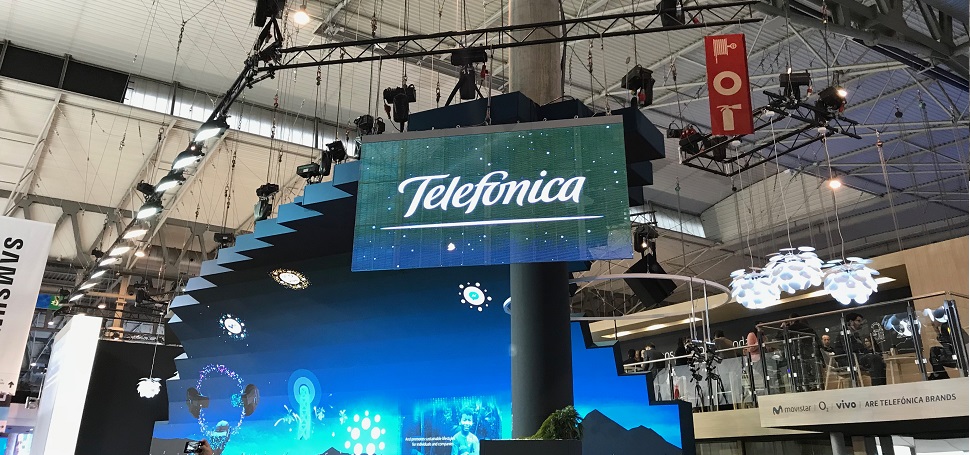
Telefonica consolidates carrier business
Spanish-based multinational operator Telefonica has brought its wholesale, roaming and multinational businesses under a single brand. It says the new unit will be better placed to provide services to its global customers, of which it has more than 1,500 in 170 countries
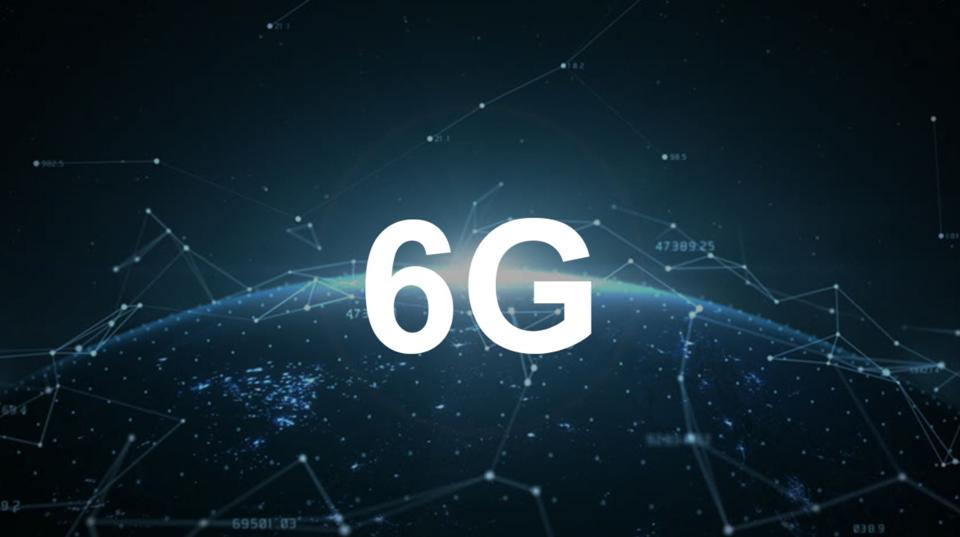
Next G Alliance targets North American leadership In 6G
The Alliance for Telecommunications Industry Solutions (ATIS) has established a new organisation designed to promote the development of 6G network technologies in North America. The trade association has signed up a number of notable founding members including AT&T, Ericsson, Facebook, Microsoft, Nokia, Qualcomm, Samsung, T-Mobile and Verizon.

Nokia targets cost savings with Google Cloud migration
Nokia will migrate the entirety of its on-premise IT infrastructure to the cloud in the hope that the operational and cost efficiencies generated will support its pursuit of the 5G equipment market.
The Finnish firm hopes the adoption of a cloud-first strategy will allow it to be more agile and its employees more innovative and collaborative so the company can better support its telecoms customers.
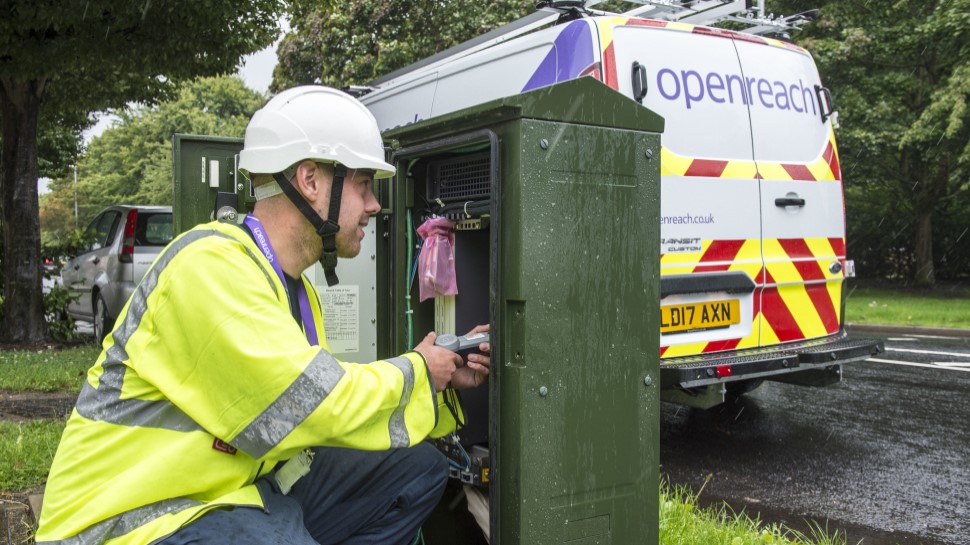
Ofcom investigates BT over high USO broadband costs
Ofcom has launched an investigation into whether BT is fulfilling its requirements as a designated Universal Service Obligation (USO) broadband provider. The USO allows anyone in the UK to demand a 'decent' broadband connection of at least 10Mbps download and 1Mbps upload.
Specifically, the regulator wants to determine whether BT is providing accurate quotes to those requesting a connection.

European telco association wants against 5G ban on Chinese vendors
The European Competitive Telecoms Association (ecta) says the exclusion of Huawei and ZTE from the rollout of 5G in Europe for geopolitical reasons could have major consequences for the market. It argues that number of worldwide suppliers from 5 to 3 will increase costs, reduce performance, delay deployment and diminish innovation.
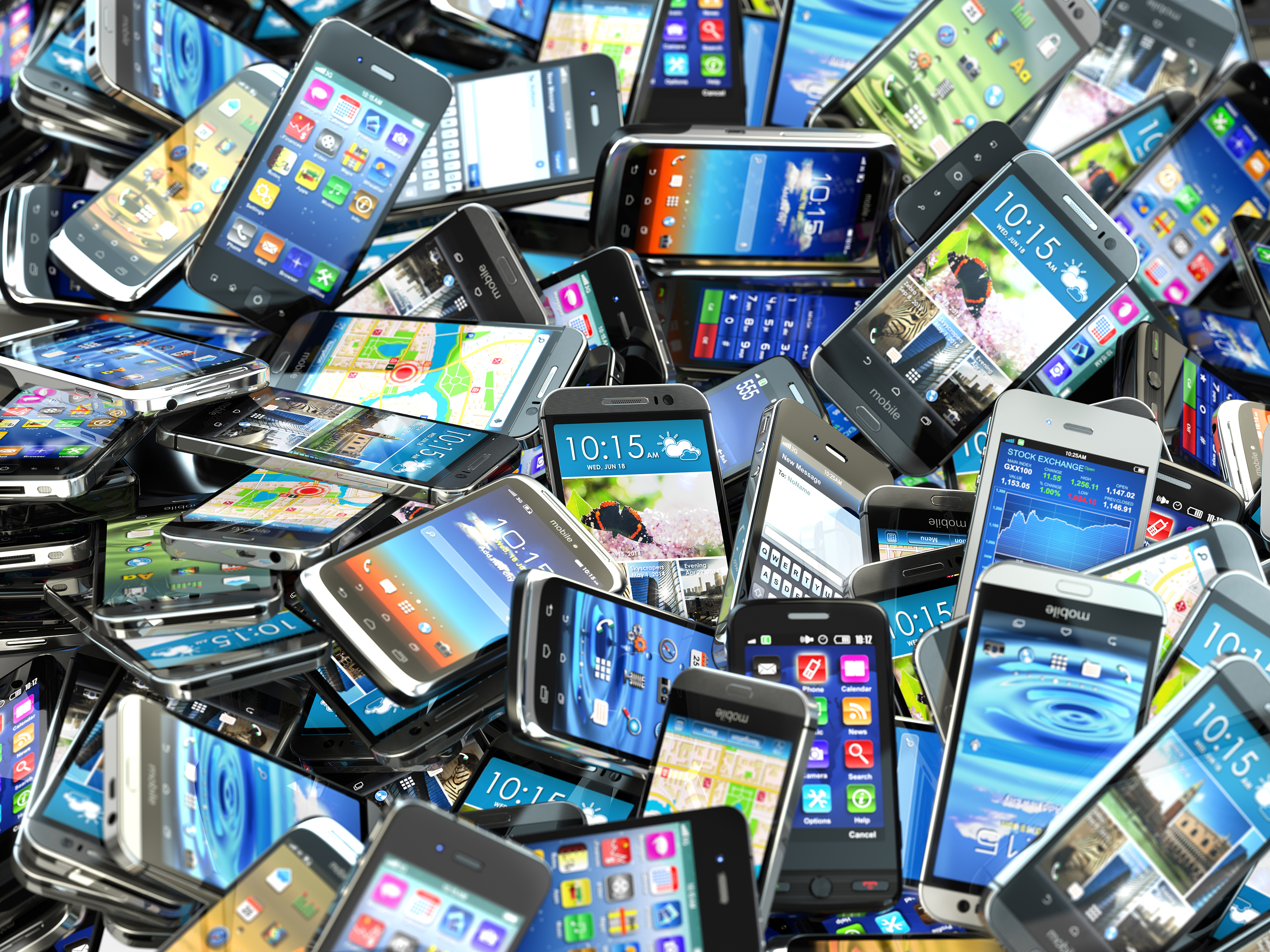
Vodafone promises easy phone trade-ins
Vodafone hopes its new trade-in tool will encourage more people to recycle their old smartphones and upgrade to newer handsets and lengthier contracts. Vodafone’s tool, accessible via the MyVodafone app, hopes to streamline the process and alleviate these concerns. The tool assesses device eligibility within minutes and provides a guaranteed trade-in price that is applied against the customer’s first bill.

Nokia to build 5G network on the moon
NASA has enlisted the support of Nokia to build the first ever mobile network on the moon, hoping the availability of 4G will support future missions and help establish a sustainable presence on the lunar surface.
Specifically, the planned network will support various extra-terrestrial applications, including command and control functions, the remote control of lunar rovers, real-time navigation, and high-definition video streaming.

Aerial base station delivers 4G from the stratosphere
Deutsche Telekom has conducted the world’s first successful trial of an aerial base station deployed in the Earth’s stratosphere in a development that could pave the way for better mobile coverage in rural areas.
Antennas on the aircraft were able to connect to the T-Mobile terrestrial 4G network and provide users on the ground with download speeds of up to 70Mbps using a standard smartphone. The high altitude of the plane, unobstructed view of the ground, and specialist equipment mean the plane can provide coverage to an area of 100 kilometres.
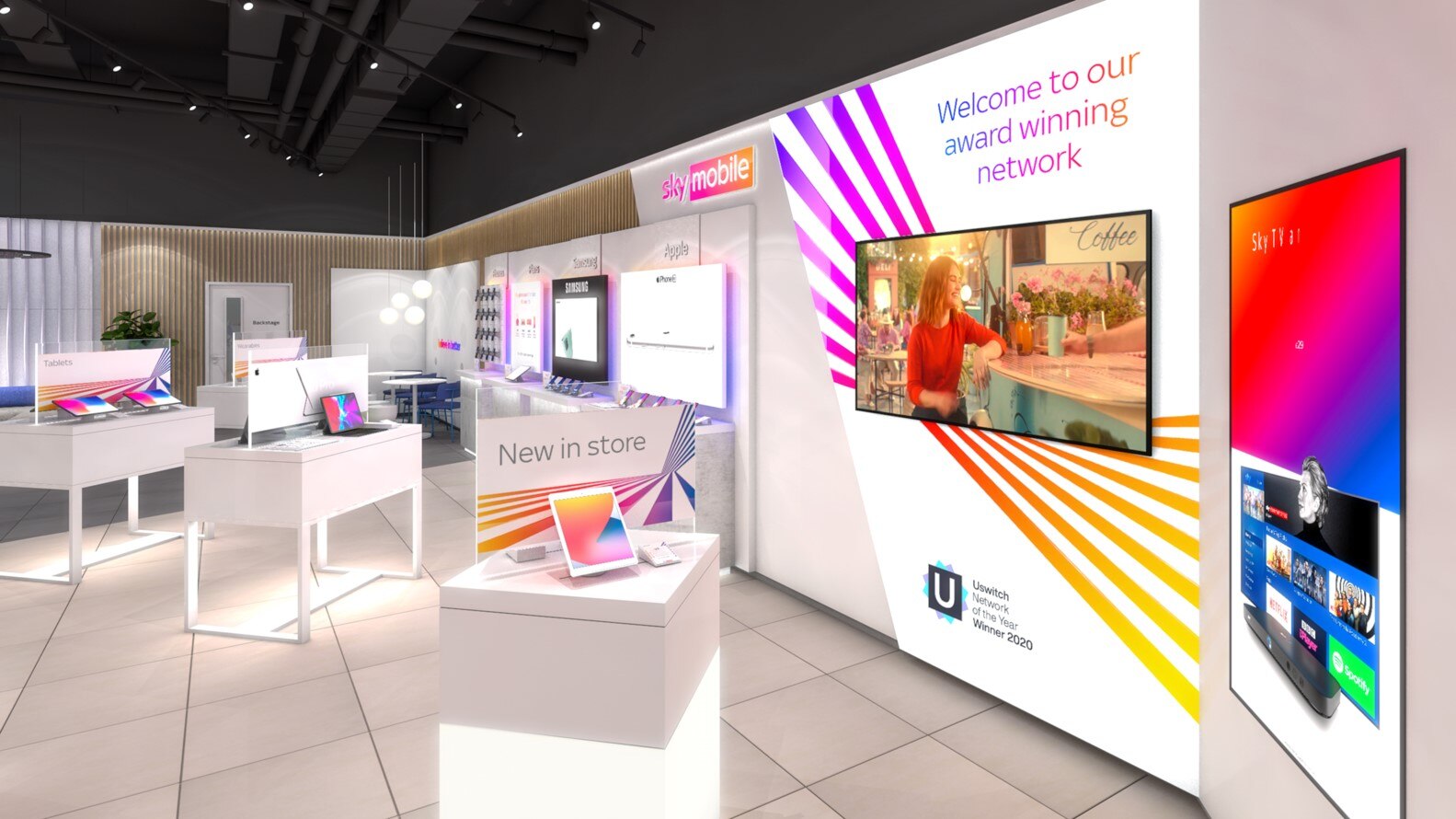
Sky opens its first ever high street stores
Sky is to open the first retail store in its 30-year history in Liverpool this week, in the hope that a presence on the high street will boost its commercial and customer care operations.
The company wants the stores to become a ‘social hub’ for customers to see and test out its latest products, including Sky Q, and to discuss their services with a member of staff.

Sweden bans Huawei from 5G
Sweden has made it a condition of an upcoming spectrum auction that successful bidders cannot use equipment from Huawei or ZTE. Swedish authorities have accused Huawei of being a security risk – an allegation that the Chinese vendor has repeatedly denied.
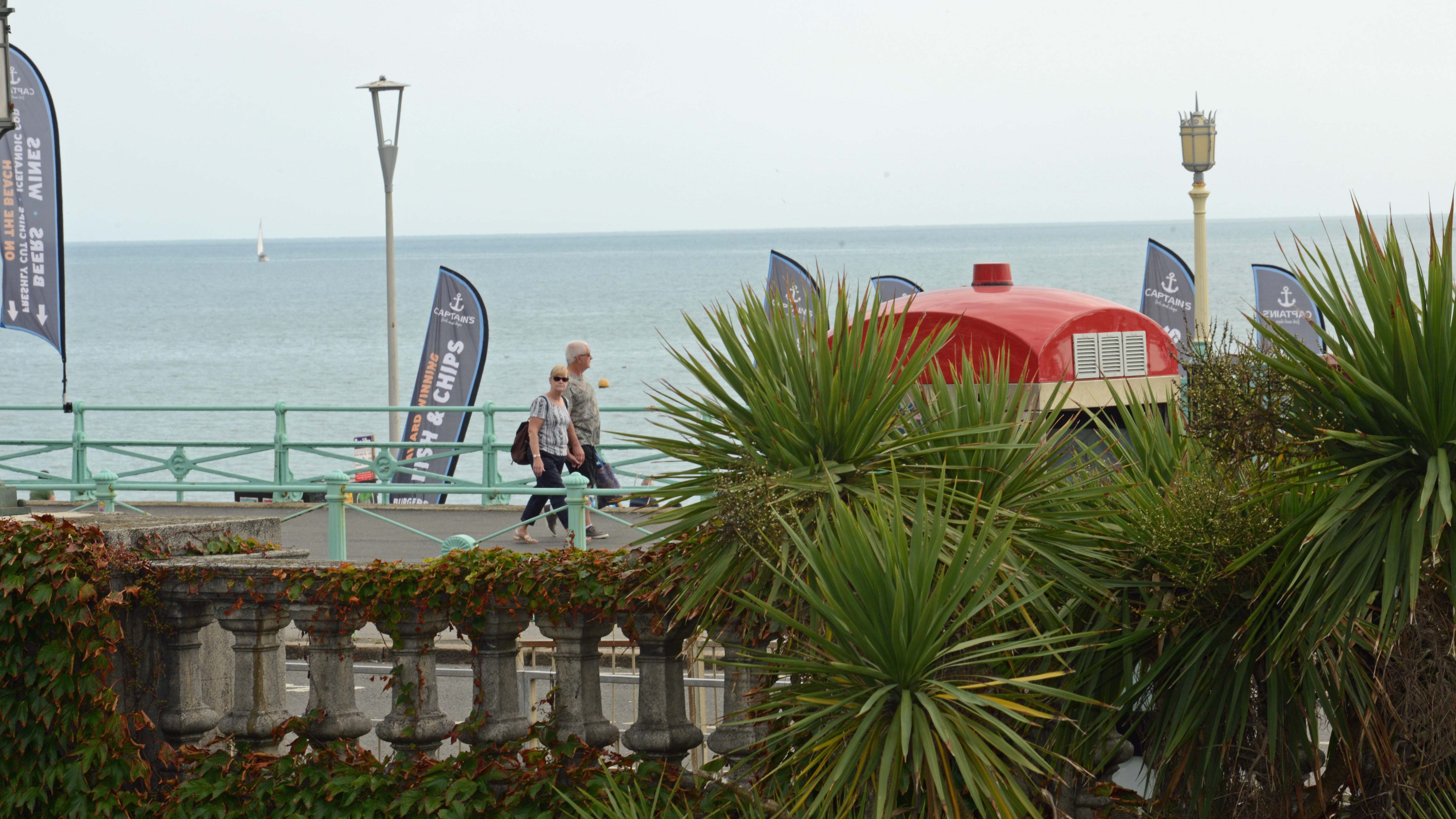
Vodafone uses phone boxes to improve 4G coverage
Vodafone has found a novel method of improving mobile coverage in busy parts of Brighton – equipping phone boxes with 4G equipment. The operator has kitted out five phone boxes with compact 4G technology small enough to fit on top of the roof of the phone box and capable of delivering service to a radius of 200 metres.
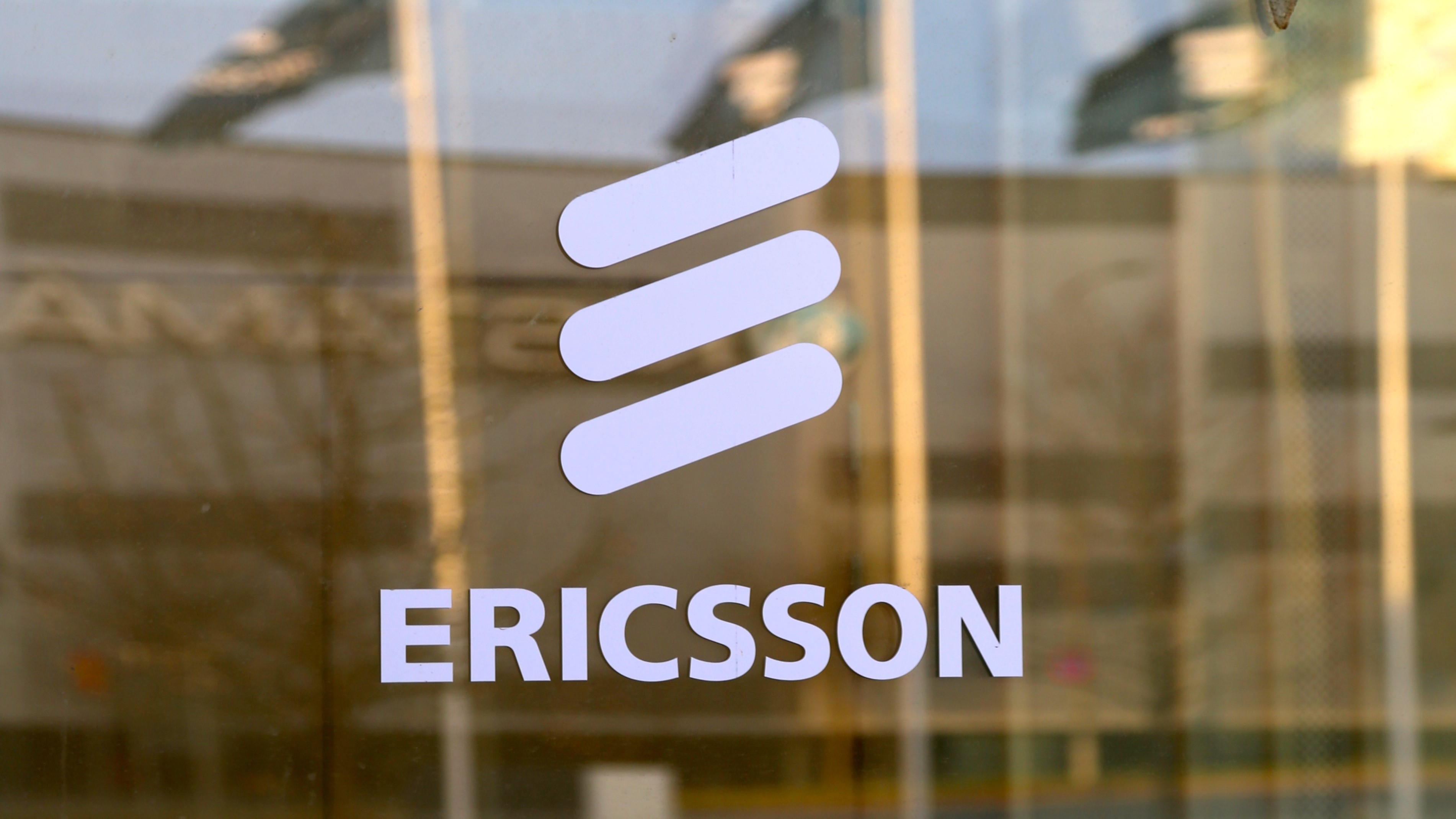
Ericsson beats expectations in Q3
Ericsson beat quarterly estimates thanks to strong demand for its 5G equipment, especially from mainland China. The Swedish telecoms equipment manufacturer now has 112 commercial contracts and is set to be one of the main beneficiaries from Huawei’s struggles in the West.
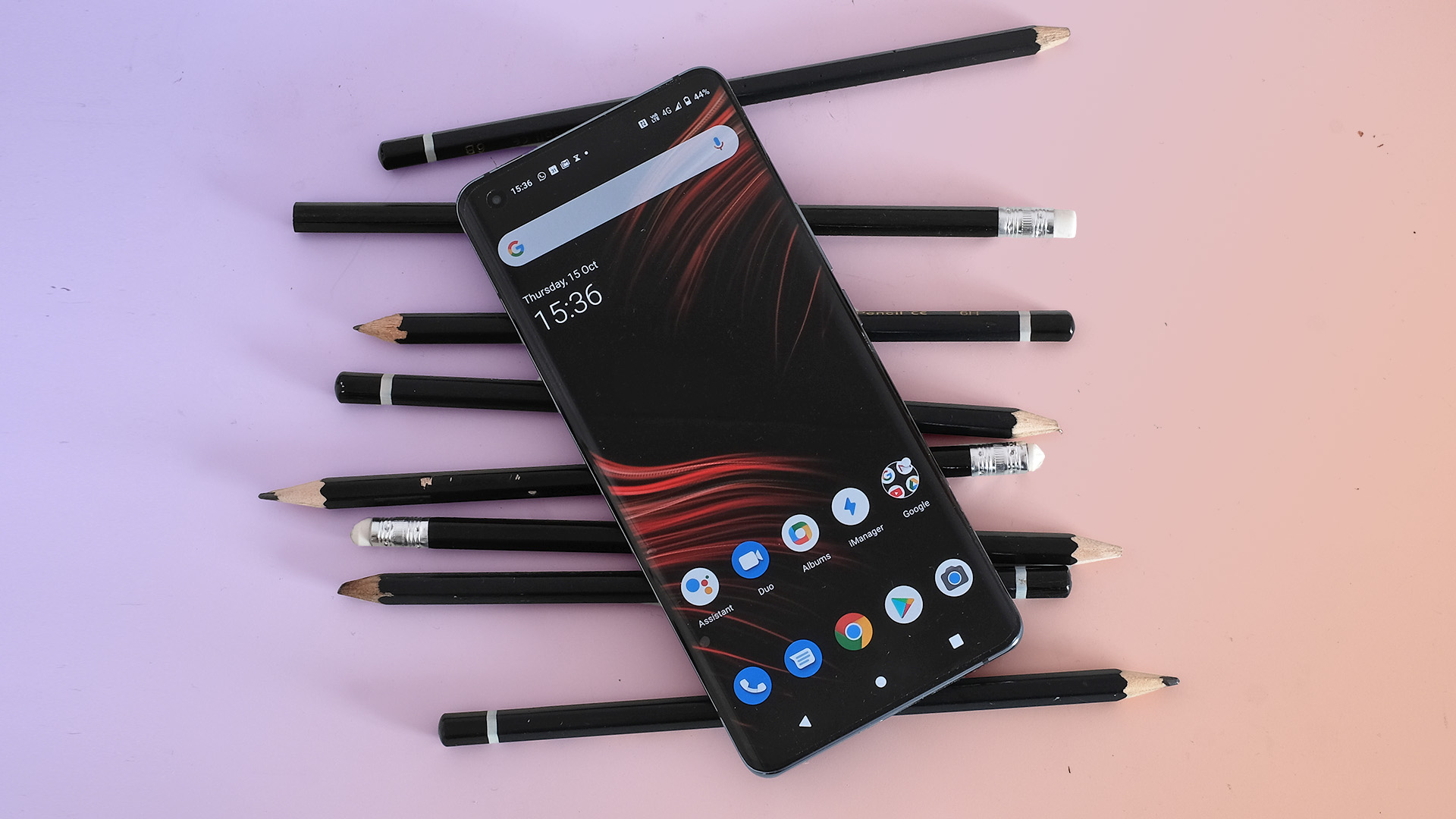
Vivo enters European smartphone market
Vivo is entering the European market for the first time, targeting consumers in the high-end and price-conscious mid-range segments of the smartphone market.
The Vivo X51 5G is the flagship for the company’s European launch and will target consumers who want a high-end smartphone that can connect to next generation networks without the associated price tag.
Meanwhile, the Y70, Y20 and Y11 are mid-range devices that aim to deliver as much capability as possible for the price.
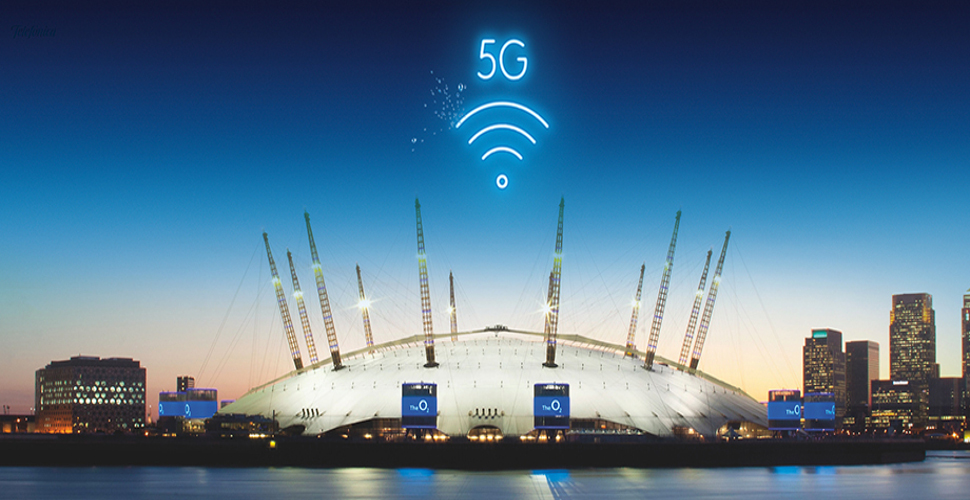
O2 5G expands to 100 UK towns and cities
O2 says it has at least some 5G coverage in 100 towns and cities, adding 40 locations in little over four months. The operator switched on its first 5G masts in October, covering the four UK capitals – Belfast, Cardiff, Edinburgh, and London – as well as Leeds and its home of Slough in Berkshire. Since then it has expanded coverage to other major cities and large towns.
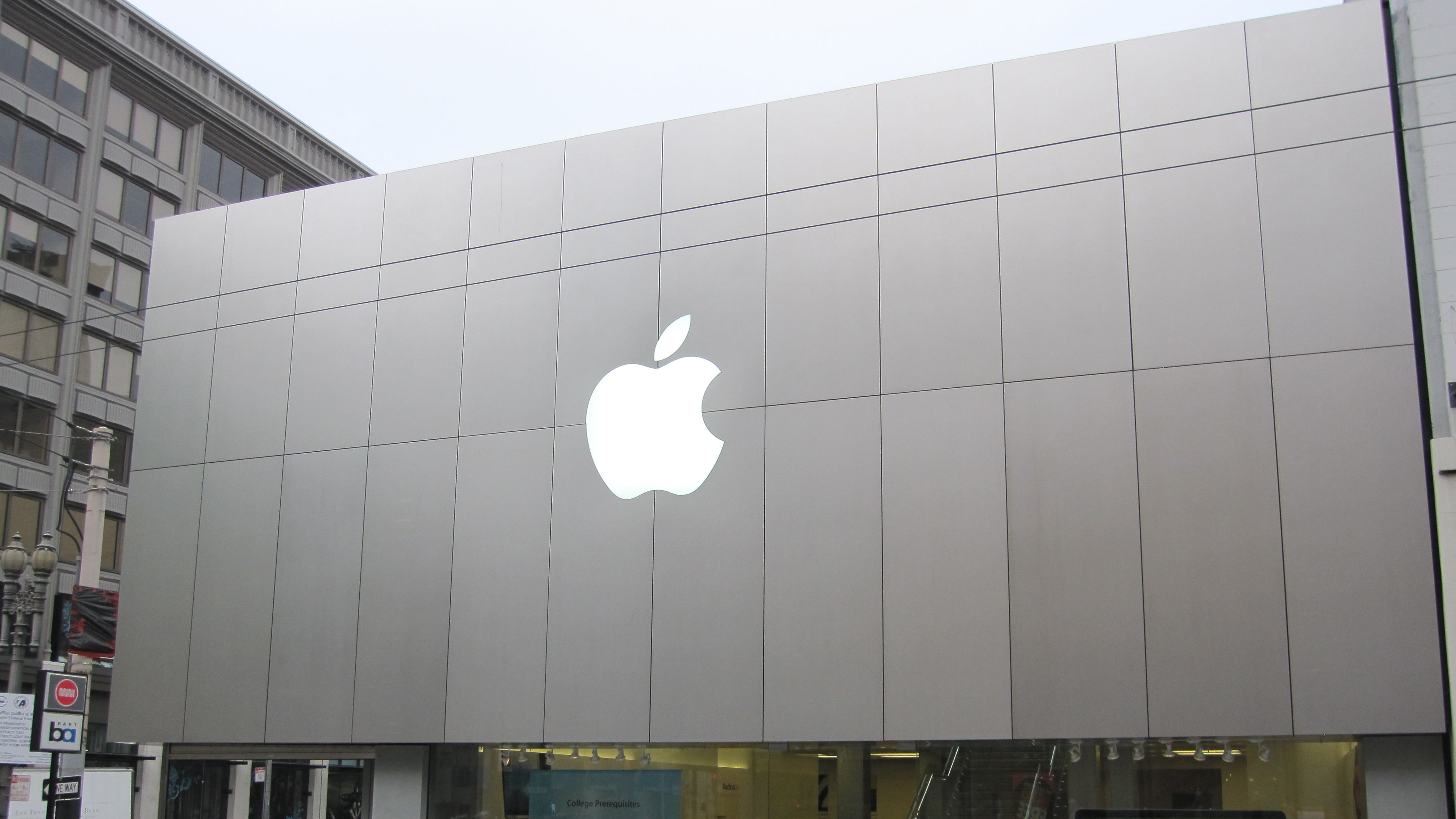
Apple to expand ‘express store’ format in US and Europe
Apple is to expand a new ‘express’ store format across the US and Europe in the hope it will increase sales of the iPhone 12. So far Apple has introduced 20 express stores to remedy these restrictions and expand the range of services that can be offered. A wall is built into the front of the store and customers make appointments to collect orders or receive technical assistance.
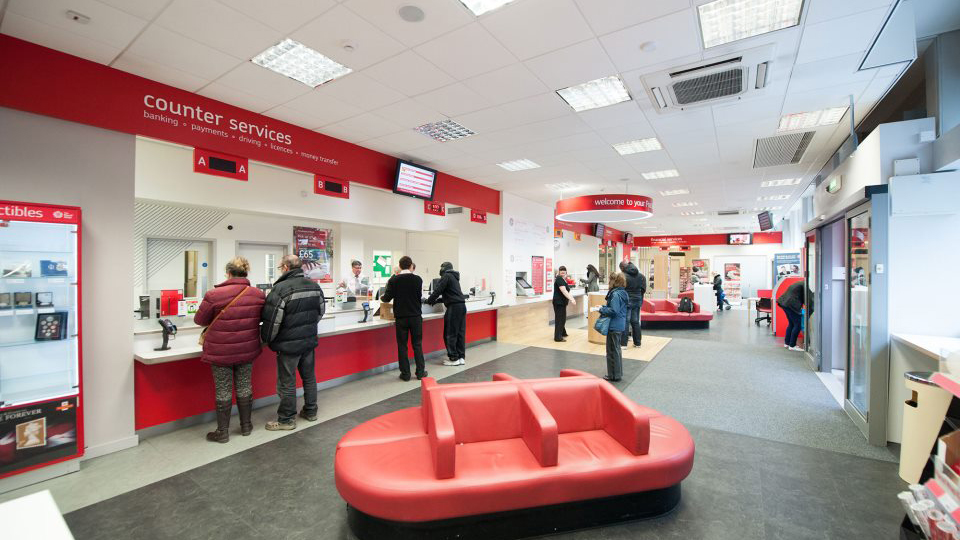
Shell Energy, Sky and TalkTalk target Post Office broadband
Shell’s home energy and broadband division has emerged as a surprise contender for Post Office’s telecoms business.
The oil and gas giant is competing with Sky and TalkTalk – two of the UK’s biggest broadband providers – in a bidding war that will be welcomed by Post Office, which has half a million landline and broadband customers. It is thought any deal could be worth £100 million and that Post Office could retain the division should it not receive a satisfactory offer.
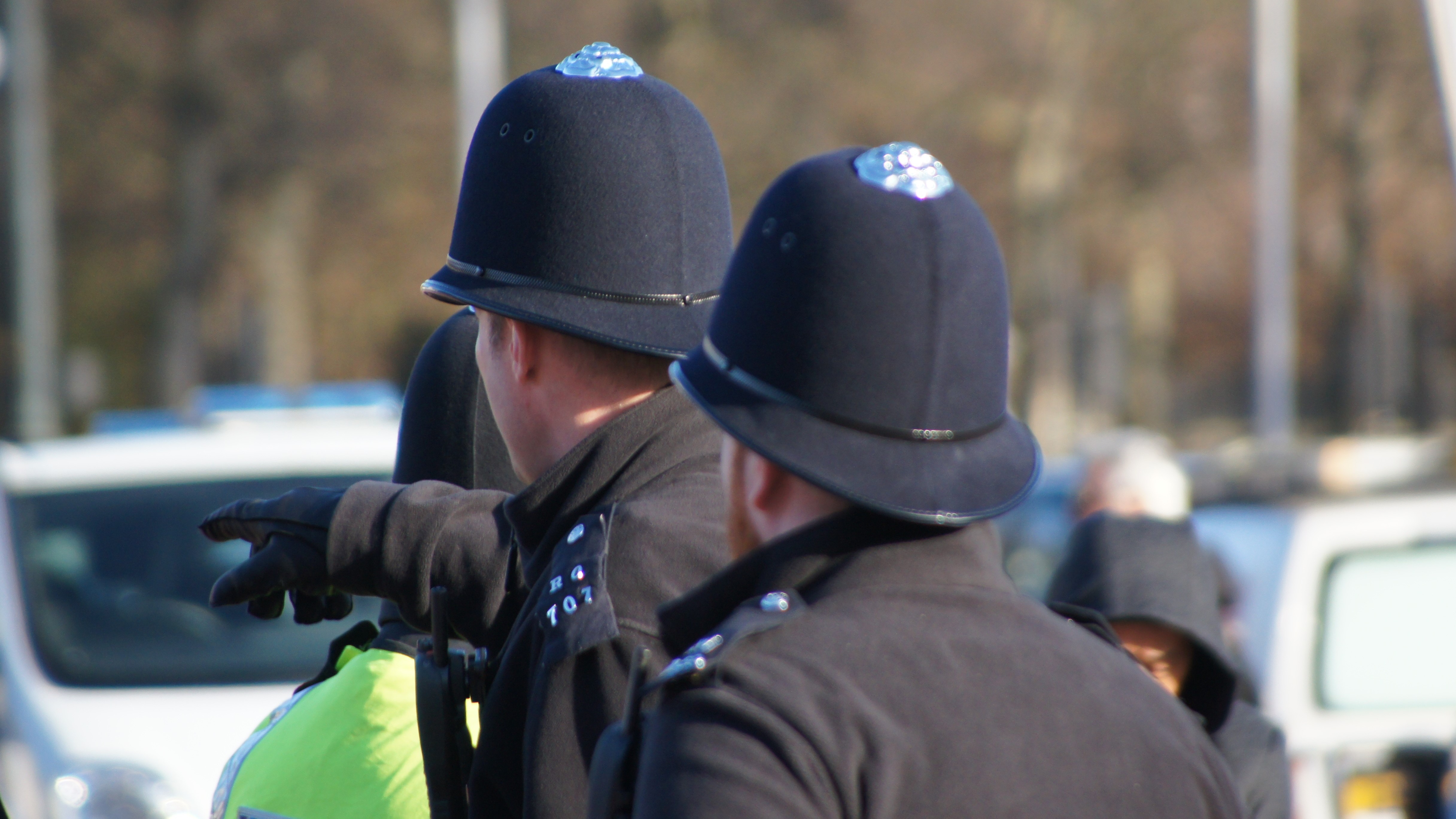
Ofcom suggests Motorola Solutions and Sepura broke competition law
Ofcom has uncovered evidence that Motorola Solutions and Sepura broke UK and EU competition law by sharing pricing information about TETRA equipment during a procurement exercise for Airwave, the UK Emergency Services Network (ESN). Both companies have been informed of the provisional findings and the investigation continues to its next phase.

Government claims NEC is ready to support UK 5G rollout
The UK government claims a new trade agreement with Japan will allow NEC to assist with the rollout and development of 5G networks in Britain and help fill the void left by the exclusion of Huawei from next generation networks. No specific detail has been made either by the government or by NEC, however.

Operators will be banned from selling locked phones
Mobile operators will be banned from selling locked phones from 2021. Several providers, including O2, Sky, Three and Virgin Media, already offer unlocked handsets as standard. However others such as EE, Vodafone, and Tesco Mobile, require customers to pay a fee to unlock their mobile phone.
Ofcom has decided the additional costs and actions required to unlock a device are unacceptable and incompatible with its desire to drive competition in the UK mobile market and make it as easy as possible to change providers.

BT signs Ericsson 5G deal to replace Huawei
BT will use Ericsson’s radio equipment to power the EE 5G network in London and other major cities, heling to fill the void left by the exclusion of Huawei from next-generation networks.
Last month it agreed a deal with Nokia that will see the Finnish firm become BT’s biggest single supplier of RAN gear, and now it has turned to Ericsson to power the busiest parts of its network.

BT reports fall in profit but increases outlook
BT has promised investors there is light at the end of the tunnel after the effects of coronavirus saw profits shrink by a fifth to £1.1 billion during the first half of the year.
The company said overall revenues remained “relatively resilient” despite an 8% drop to £10.6 billion for the six-month period but there were issues caused by economic conditions and the effects of lockdown measures

Nokia ditches 'end-to-end' 5G strategy in restructure
Nokia is to undergo a major internal restructure in its bid to secure as much of the telco and enterprise 5G market as possible, the major casualty of which is the ‘end-to-end’ ethos that has underpinned its strategy to date.
Going forward, Nokia will have four main business groups – Mobile Networks, IP and Fixed Networks, Cloud and Network Services, and Nokia Technologies – each of which will have their own priorities and underpinned by a horizontal customer experience organisation.